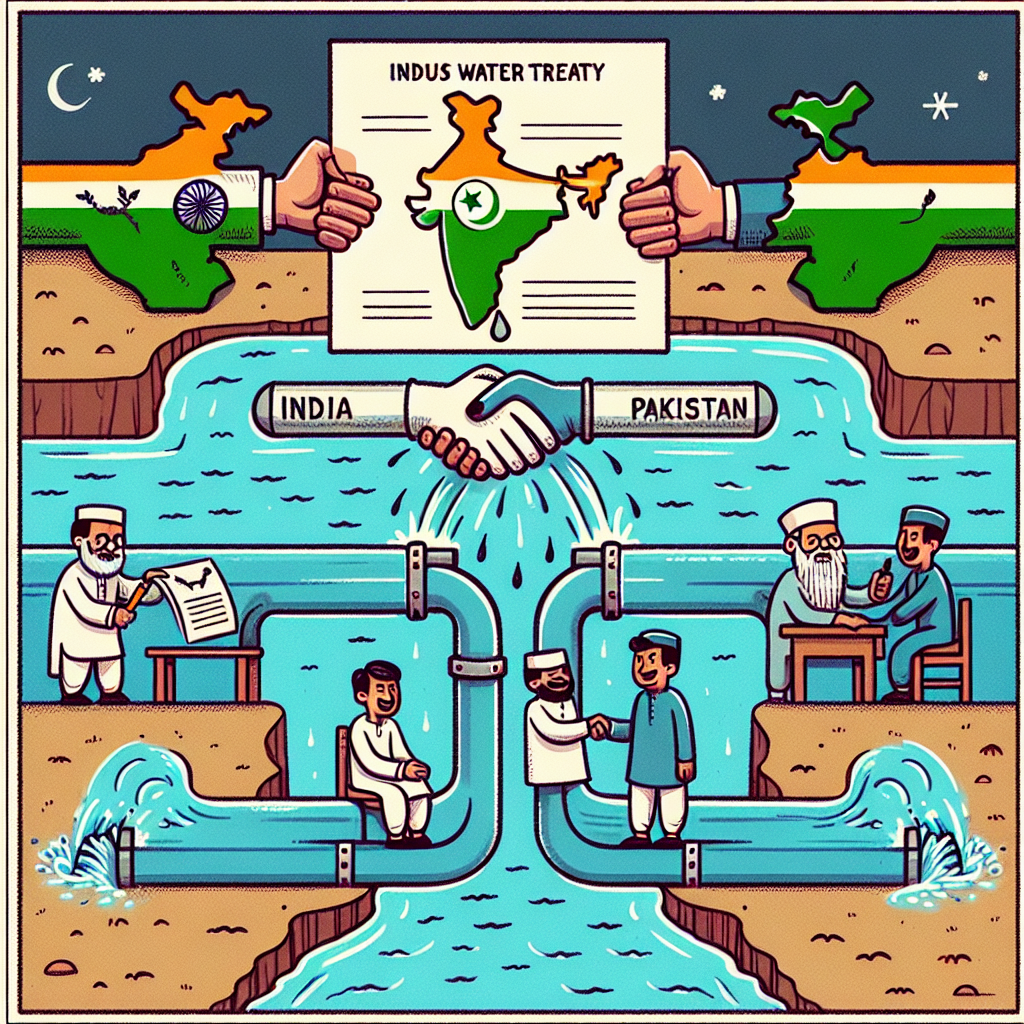Indus Water Treaty: Navigating Tensions Amidst Terror
The World Bank confirms its role as facilitator in the Indus Water Treaty remains unchanged despite India's suspension of the treaty after a terror attack. The 1960 treaty, crucial for water distribution between India and Pakistan, has governed the Indus river system since its inception.

- Country:
- India
The World Bank President, Ajay Banga, has clarified the institution's non-participative role in the Indus Water Treaty, merely acting as a facilitator. This statement follows speculation on the Bank's potential intervention after India suspended the treaty.
The suspension came after a tragic terrorist attack in Jammu and Kashmir, where 26 tourists were killed. The Indus Water Treaty, which dates back to 1960, has been pivotal in regulating water distribution between India and Pakistan, with the Indus, Jhelum, and Chenab rivers being central to the agreement.
The treaty was originally brokered by the World Bank to manage the crucial water resources shared by the two nations. The river system serves as a vital lifeline, with the Indus and its tributaries playing an essential role in the socio-economic landscape of both countries.
(With inputs from agencies.)










